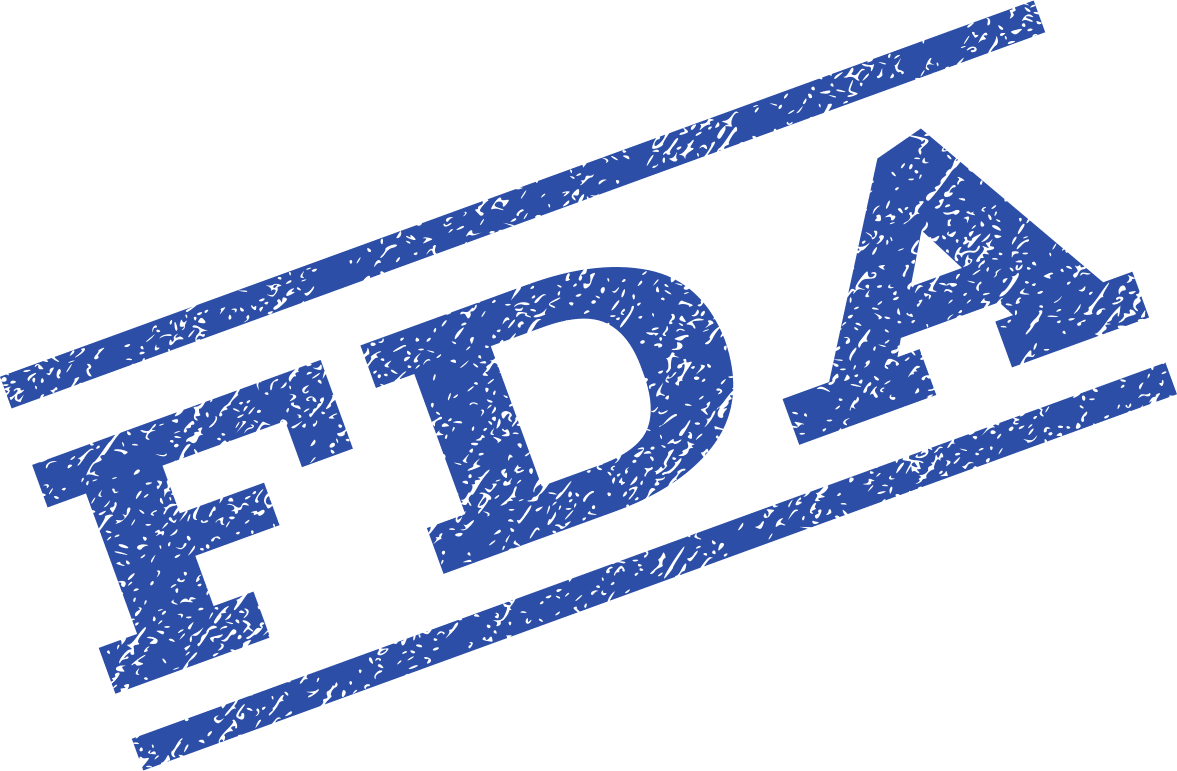FDA Violations and the Park Doctrine Threat
January 24, 2023
Did you know… As a leader at an FDA-regulated company, you could be held criminally liable for misdemeanor FDA violations even if you did not know about the activities leading to the violation.
If you are an executive at an FDA-regulated company, you should be aware of the Park Doctrine, also known as the Responsible Corporate Officer ("RCO") Doctrine. A "legal doctrine" is a set of rules or principles, typically established through legal precedent (e.g., previous court holdings), that courts widely follow.
In legal terms, the Park Doctrine imposes strict, vicarious criminal liability upon responsible corporate officers for misdemeanor FDCA violations. In other words, a responsible corporate officer can be held liable for misdemeanor "prohibited acts" (i.e., as defined in 21 U.S.C. § 331, including misbranding and adulteration) even without proof of negligence, intent, involvement, or even knowledge. The liability is based solely on the RCO's duties, role, and responsibilities.
Watch the video replay below from our recent CLE event to learn more about this topic.

Roots of the Park Doctrine
What is known today as the Park Doctrine, or the RCO Doctrine, has its roots in a 1943 Supreme Court case, United States v. Dotterweich, 320 U.S. 277 (1943). In this case, the Supreme Court held that individuals could be held criminally liable for the company's misdemeanor FDA violations. Mr. Dotterwich was the President and CEO of a company that sold private-label drugs, meaning that the company purchased drugs and then repacked and relabeled them under its own brand. In some cases, the drug labels were incorrect and were shipped into interstate commerce. Mr. Dotterweich had no knowledge of the incorrect labels, but was charged with misdemeanor adulteration and misbranding violations. The jury determined that Mr. Dotterwich, the president of the company, was guilty of the FDA violations because he shared in the responsibilities related to the transaction (e.g., shipping adulterated and misbranded drugs in interstate commerce), even though he had no knowledge of the violation.
Oh Rats!
In 1975, the Supreme Court decided United States v. Park (421 U.S. 658). Mr. Park was President and CEO of Acme Markets, Inc., a national retail food chain. FDA investigators discovered a rat infestation at Acme's warehouses where food was stored. Mr. Park knew about the rat issue but delegated responsibility to resolve the issue to his employees. The rat infestation issue was not resolved when FDA returned for a follow-up inspection, and Mr. Park and Acme were both charged with FDA violations for introducing adulterated food into interstate commerce. The Supreme Court held that Mr. Park was properly convicted because individuals in positions of authority in businesses that affect public health are held to a strict and rigorous standard of accountability under the FD&C Act. The Court further noted that liability under the FD&C Act does not require awareness of wrongdoing or conscious fraud. Mr. Park had a duty to seek out and remedy FDA violations, and a duty to implement measures to prevent FDA violations.
Use of the Park Doctrine
According to a recent JAMA Editorial, the Park Doctrine has been used to prosecute corporate officers only thirteen times since 2000. The Editorial suggests that the government needs to exercise its full authority under the Park Doctrine to punish corporate behavior that could harm public health. The Department of Justice has also affirmed its focus on holding individuals accountable in its September 2022 "Monaco Memo."
We will likely see more Park prosecutions in the future, particularly in cases where there is patient harm (e.g., defective products, patient deaths) and in companies with a history of recurring quality and/or compliance issues.
Best Practices & Recommendations
Although Park prosecution can occur even if the individual does not know about the FDA violations, there are some things that you can do to mitigate risk:
- A compliant and operational Quality Management System (QMS) is essential.
- Invest in quality (e.g., staff, resources, tools)
- Conduct internal audits and engage in regular monitoring activities
- Do not let problems fester
- A robust and effective health care compliance program is essential.
- Consider providing leadership training on the Park Doctrine
- Ensure consistent enforcement of compliance program violations
- Instill a culture of compliance and a "speak up" culture if issues arise
- Make good hiring and promotion decisions.
- Establish clear expectations regarding responsibilities.
- Be proactive in identifying and addressing issues (e.g., quality deficiencies, problematic marketing programs).
Need help?
Contact Us Information provided on this website is not legal advice. Communications sent to or from this site do not establish an attorney-client relationship. © 2023 Gardner Law. All Rights Reserved.